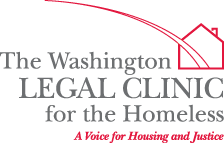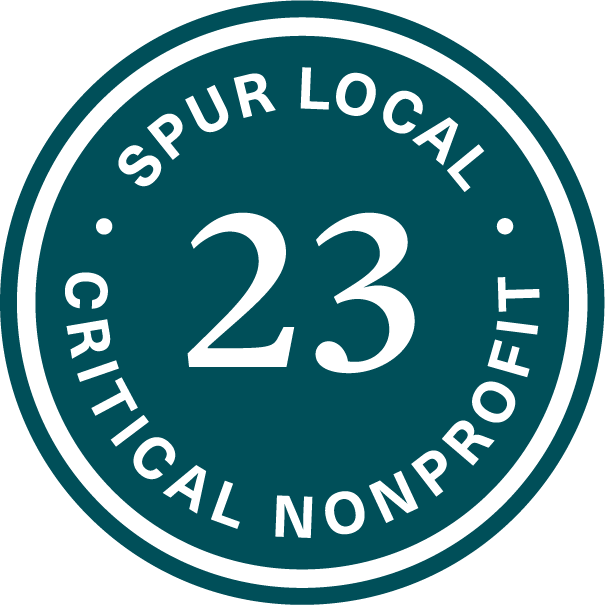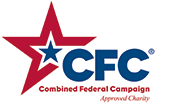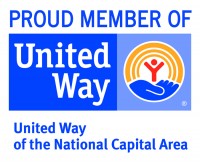Written by Shaina Lamchick, a Legal Clinic summer law clerk and rising 2L at American University, Washington College of Law.
I cannot count the number of times I was told by family members and strangers alike to avoid law school at all costs. “Lawyers do more harm than good,” they would say. “There are too many lawyers already.” They were wrong. As of a 2009 report, there was one lawyer for every 429 people in the general U.S. population and one legal services lawyer for every 6,415 people in poverty.[1] According to the Legal Services Corporation, 80 percent of legal needs of the poor go unmet.[2] Although the inequity in legal services is part of what inspired me to attend law school, I did not fully recognize the consequences of this disparity until I spent this summer as a law clerk at the Legal Clinic.
Throughout my time at the Legal Clinic, I have had the chance to work on a wide range of issues, researching policy questions before the DC Council’s vote on the HSRA amendments, assisting Legal Clinic attorneys as they develop creative new ways to advocate for clients, and developing more effective ways to educate homeless and low-income people about their housing rights. I am grateful that I had the opportunity to do so many things this summer, but when I reflect on my time here, I know that I will remember my direct work with clients the most.
The clients I worked with over the summer very clearly demonstrate why access to legal services is so important. I met with Ms. G. during her first visit to the Legal Clinic in my first week in the office. I was unsure whether I would ask her the right questions, whether she would be able to tell that I knew very little about how to help her at that point, or whether she would be annoyed that she had to talk to a law clerk instead of an attorney. Instead, Ms. G. opened up to me about a horrible car accident she had been in recently, leaving her temporarily unable to walk without assistance. She was concerned that she would soon lose her apartment that she had been assigned to through the Rapid Rehousing Program, and she told me about the many maintenance requests for the apartment that went unanswered by her landlord. At the time, there were several obscured holes in the floor of her apartment, an issue made especially dangerous due to her injury. After just one letter from the Legal Clinic to the Rapid Rehousing Program’s administrator, Ms. G.’s current housing situation was secured and her landlord responded to her maintenance requests for the first time in a year. The holes in her floor were fixed and she was able to move safely around her apartment.
Most Legal Clinic clients have legal issues that are not as easily resolved as Ms. G’s initial concerns. Indeed, I have spent much of my summer addressing other problems that Ms. G. is facing. Much of this work will continue after I leave the Legal Clinic. Nonetheless, if Ms. G. had not come to the Legal Clinic, she would have continued living in an unsafe apartment, constantly fearful that she would soon be homeless again. Through my work here, I was able to help her by using tools that she would not have had access to otherwise. Most people in her situation do not have an attorney (or even a law student) to navigate such stressful and often complicated issues.
If you are reading this, you already know about the important work that the Legal Clinic does, and perhaps you participate in that work yourself. You already know what those who tried to scare me away from law school did not: lawyers can make an incredible difference in the world and we need more lawyers willing to help those who have no other means to legal services. On an intellectual level, I knew this as well before this summer. Now though, I understand more clearly how much of a difference access to justice makes for low-income and homeless individuals and families. I am so grateful for everything that I have learned at the Legal Clinic, and I am thankful that I was able to make a small difference in the lives of some of its clients while I was here.
[1] Documenting the Justice Gap in America: The Current Unmet Civil Legal Needs of Low-Income Americans, Legal Services Corporation 21, (Sept. 2009),http://www.lsc.gov/sites/default/files/LSC/pdfs/documenting_the_justice_gap_in_america_2009.pdf.
[2] Ethan Bronner, Right to Lawyer Can be Empty Promise for Poor. N.Y. Times (Mar. 15, 2013), http://www.nytimes.com/2013/03/16/us/16gideon.html?pagewanted=all.





